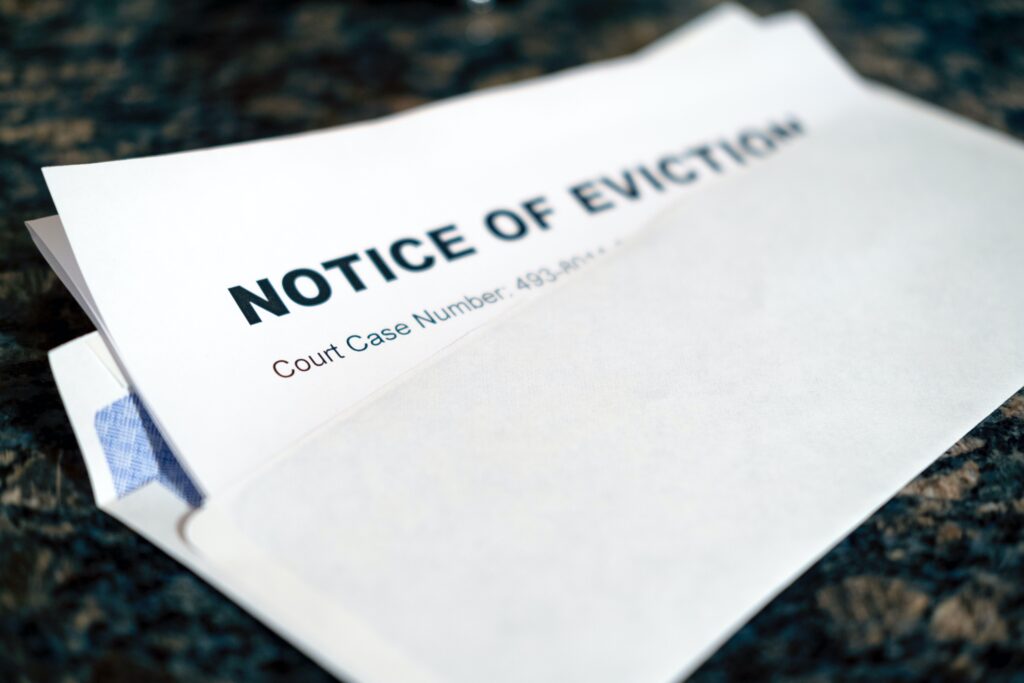When a loved one passes away, dealing with their estate can be a complex and emotionally challenging process. One of the most common questions that often arises is around how long probate takes. The answer isn’t always straightforward, as the duration can vary depending on several factors. With that in mind, let’s now look at the probate timeline, what can affect its length, and offer tips to help navigate the process more efficiently.
What is probate?
Probate is the legal process of administering someone’s estate after they die. It involves validating their will, paying off any debts and distributing the remaining assets to beneficiaries. This process means the deceased’s wishes are carried out and that their estate is settled properly.
What is the average probate timeline in the UK?
On average, the probate process in the UK takes between six to 12 months to complete. This can vary widely however. It depends on the complexity of the estate and other factors. Some straightforward estates might be settled in as little as three months, while more complex cases can take several years.
The probate process typically involves several stages:
- Information. There’s the gathering of information and applying for probate, which usually takes four to eight weeks.
- Application. Once the application is submitted, it generally takes three to eight weeks to receive the grant of probate.
- Assets and debts. The executor needs to collect assets and pay debts, a process that can take four to 12 weeks.
- Distribution. Distributing the estate to beneficiaries usually takes two to four weeks.
It’s worth noting that these timeframes are estimates only and can vary based on individual circumstances. Some estates may move through these stages more quickly, while others can face delays at various points in the process.
Factors affecting probate duration
Several factors can influence how long probate takes.
Estate complexity
One of the primary factors is the complexity of the estate. Larger estates with multiple properties, investments or businesses will naturally take longer to process. The executor will need to identify, value and potentially sell these assets, which can be time-consuming.
Disputes
Another significant factor is whether there are any disputes over the will. If the will is contested or there are disagreements among beneficiaries, this can extend the probate timeline. Legal disputes can add months or even years to the process.
Executor efficiency
The efficiency of the executor also plays a central role. An organised and proactive executor can help move the process along more quickly. At the same time, delays in decision-making or taking action can slow things down.
Availability
The location and availability of beneficiaries can also impact the timeline. If beneficiaries are difficult to locate or are spread across different countries, it can take longer to communicate with them and distribute assets.
Tax
Inheritance tax considerations can add extra time to the process. If the estate is liable for inheritance tax, the executor will need to calculate the amount due, submit the necessary forms to HMRC and arrange for payment. As a process, it can be complex and time-consuming, especially for larger estates.
Does property need selling?
The need to sell property can also extend the probate timeline. If the estate includes property that needs to be sold, this can add several months to the process, depending on market conditions and the condition of the property. There are, however, ways to mitigate this for a quicker sale (more on that in a bit)
Common delays in the probate process
Understanding potential roadblocks can help you anticipate and possibly avoid delays. One common issue is incomplete or incorrect probate applications. Simple errors or omissions can result in the application being returned, adding weeks or months to the process.
Difficulty in locating all assets or beneficiaries can also cause significant delays. This is particularly true if the deceased didn’t keep clear records or if beneficiaries have moved without leaving forwarding addresses.
Challenges in valuing unique or complex assets can slow things down. Items like antiques, rare collectibles or business interests may require specialist valuations, which can take time to arrange.
Again, disputes among beneficiaries or challenges to the will are another major source of delays. These can lead to lengthy legal proceedings that put the entire probate process on hold.
Delays in receiving responses from banks or other financial institutions can also slow things down. Some institutions may be slow to provide the necessary information or release funds, especially if they have their own internal processes to follow.
Tips to speed up the probate process
While some factors are outside your control, there are steps you can take to help expedite probate.
One the most important things you can do is start early.
Begin gathering information and documents as soon as possible after the death. This includes locating the will, identifying assets and debts and collecting necessary paperwork like death certificates.
Keep organised
Staying organised is important. Keep records of all communications and transactions related to the estate, as this can help prevent confusion and delays later in the process.
Clear communication with all involved parties is also essential
Keep beneficiaries informed about the progress of probate. It can help reduce the likelihood of disputes and ensure everyone is on the same page.
Get help
For complex estates, seeking professional help can be beneficial. Consider hiring a probate specialist or experienced probate solicitor who can navigate the intricacies of the process more efficiently. Using online services can also speed things up, for example, the government’s online probate service can be faster than paper applications for straightforward cases.
Be quick to respond
Responding promptly to any queries from the probate registry or other parties can prevent unnecessary delays. Be proactive in following up on any outstanding issues or requests for information.
What if probate is taking too long?
If you feel the probate process is dragging on unnecessarily, there are steps you can take. First, consider contacting the probate registry directly. They may be able to provide an update on the status of your application or identify any issues that are causing delays.
If you’re not the executor and you’re concerned about the pace of probate, you might want to consult with a probate specialist. They can review the case and suggest ways to move things forward. In some cases, they could recommend lodging a complaint with the court if you believe the executor isn’t fulfilling their duties properly.
Fast-track options for probate
In some cases, you might be able to use fast-track options to speed up the probate process. For small estates valued under £5,000, full probate is often not required. Instead, you may be able to use a simplified process that can be much quicker.
For straightforward estates where there are no disputes and all beneficiaries are easily contactable, you might be able to use a simplified probate process. This can significantly reduce the time it takes to settle the estate.
Some professional probate services offer expedited options. While these can be more expensive, they might be worth considering if time is a critical factor.
Dealing with property during probate
If the estate includes property, this can often be one of the more time-consuming aspects of probate because property can take an average of about 6 months to sell. You’ll need to decide whether to sell the property or transfer ownership to beneficiaries.
In the UK, you are legally obliged to pay inheritance tax within 6 months of the date of death. This law often puts a lot of pressure on many executors to liquidate assets quickly to cover the cost of the tax.
If you’re looking to sell quickly and without any hassle, Property Rescue can offer the solution.
We specialise in buying probate properties quickly and directly, often completing the sale in as little as 7 days or to your timeline. This can be particularly helpful if you need fast cash to help settle the estate promptly.
On top of that, we cover all legal fees. Get a free, no-obligation quote now for free.
Summary: how long does probate take?
While probate can be a lengthy process, understanding the factors that influence its duration will help you navigate it more efficiently. Every estate is unique, and timelines can vary significantly. Stay organised, communicate clearly and seek professional help when needed. This way, you can help guarantee the probate process moves as smoothly and quickly as possible. Remember that patience and persistence is key, and there are always options available if you need to expedite the process.








